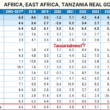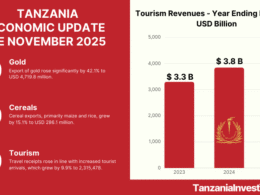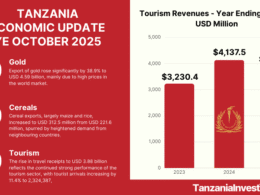After four years of construction, the Tanzania tourism sector has recently welcomed the third Kempinski hotel to the country, with the latest hotel being located in the Serengeti National Park, one of the country’s UNESCO World Heritage sites.
The current owner of the Kempinski hotel chain in Tanzania is the Dubai-based ASB Limited and, according to its director, Philip d’Abo, delays in the opening of the USD 40 million Bilila Lodge Serengeti came as a result of complications during the construction process.
“A hotel we built in Seycheles took seven years to be completed, the Kilimanjaro Hotel took three years, the Zamani Hotel took four years and the Bilila lodge has taken four years,” said Mr. d’Abo to reporters in Dar es Salaam, “Even choosing the correct architect is an extremely time consuming problem.”
The lodge is located in an untouched part of the Central Nothern area of the Serengeti National Park, where private game drives will be planned for the hotel guests.
As a result of strict building regulations in the country’s national park, the 77-roomed Bilia Lodge will be the largest lodge that has ever been built in the Serengeti and, according to Mr. d’Abo, it is expected to provide a source of employment to approximately 200 Tanzanians.
“It will have 36 club rooms, 24 deluxe rooms, and 12 corner suites with pools, two single bedroom villas, two family villas and one presidential villa,” he said in a report by the Citizen, “The lodge is built at the site rich in wild animals in such a way that one moves around the large site on elevated walkways with the animals underneath.”
Criticism by environmentalists and some members of the public that the investment will reduce the number of animals has arisen based on an experience in Kenya where hotels were built inside national parks, which resulted in a large disappearance of wildlife populations in the last thirty years.
In response to these critics who have warned that, if left unchecked, Tanzania could see similar results in their national parks as Kenya, the ASB Tanzania director, Ramesh Patel, has said that a construction permit for the hotel was granted only after having performed an environmental impact assessment.
In addition, the ASB has said that, following Government approval, it has also made plans to begin redeveloping the historic Seventy Seven Hotel in Arusha.
If approval is granted to the ASB, construction of the new 174-room hotel in Arusha will likely last until 2011.










